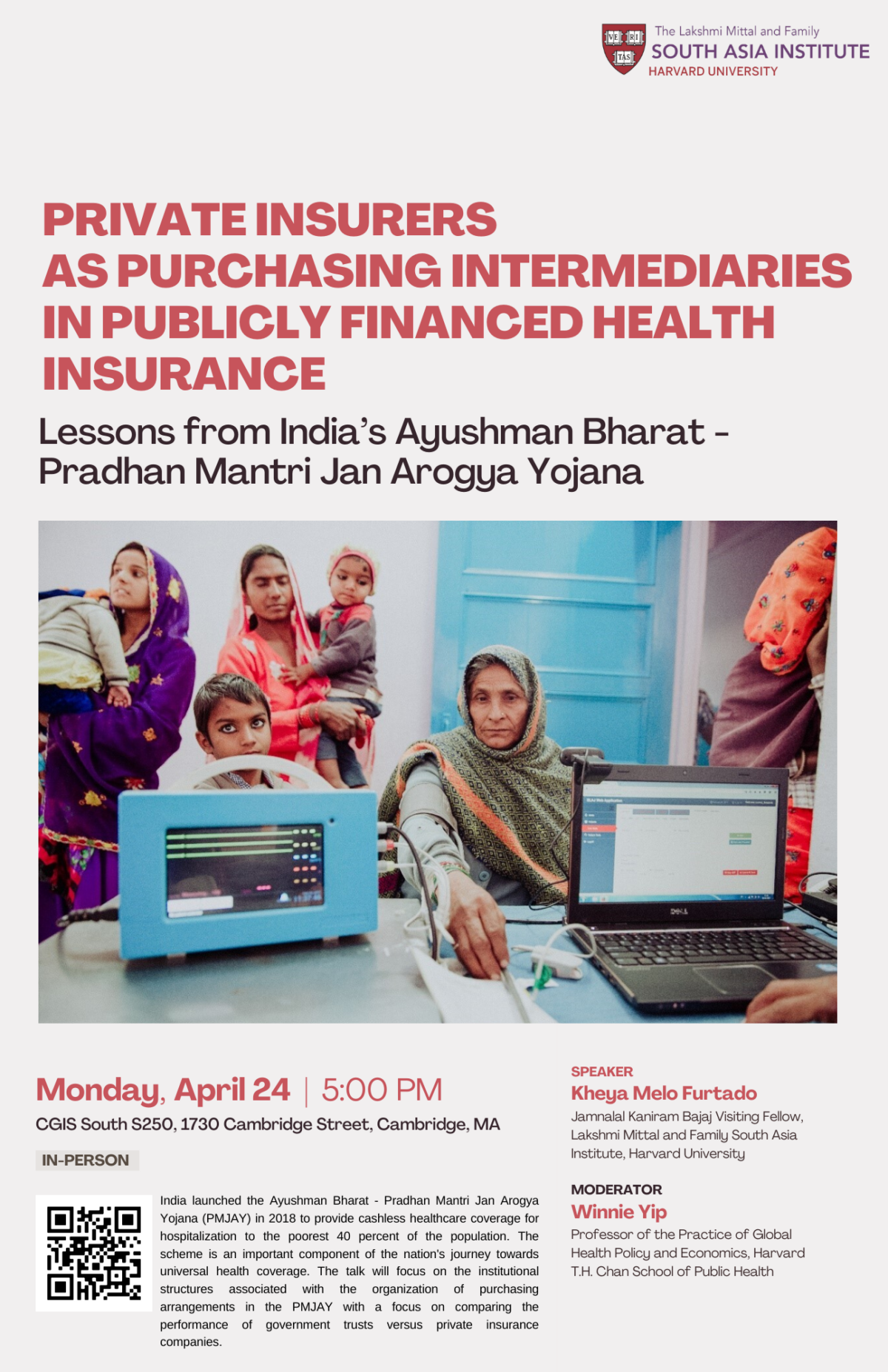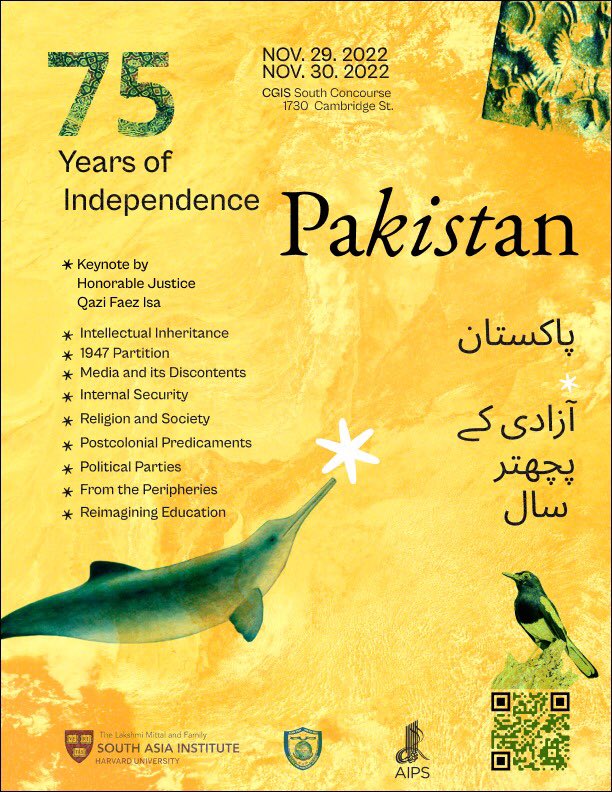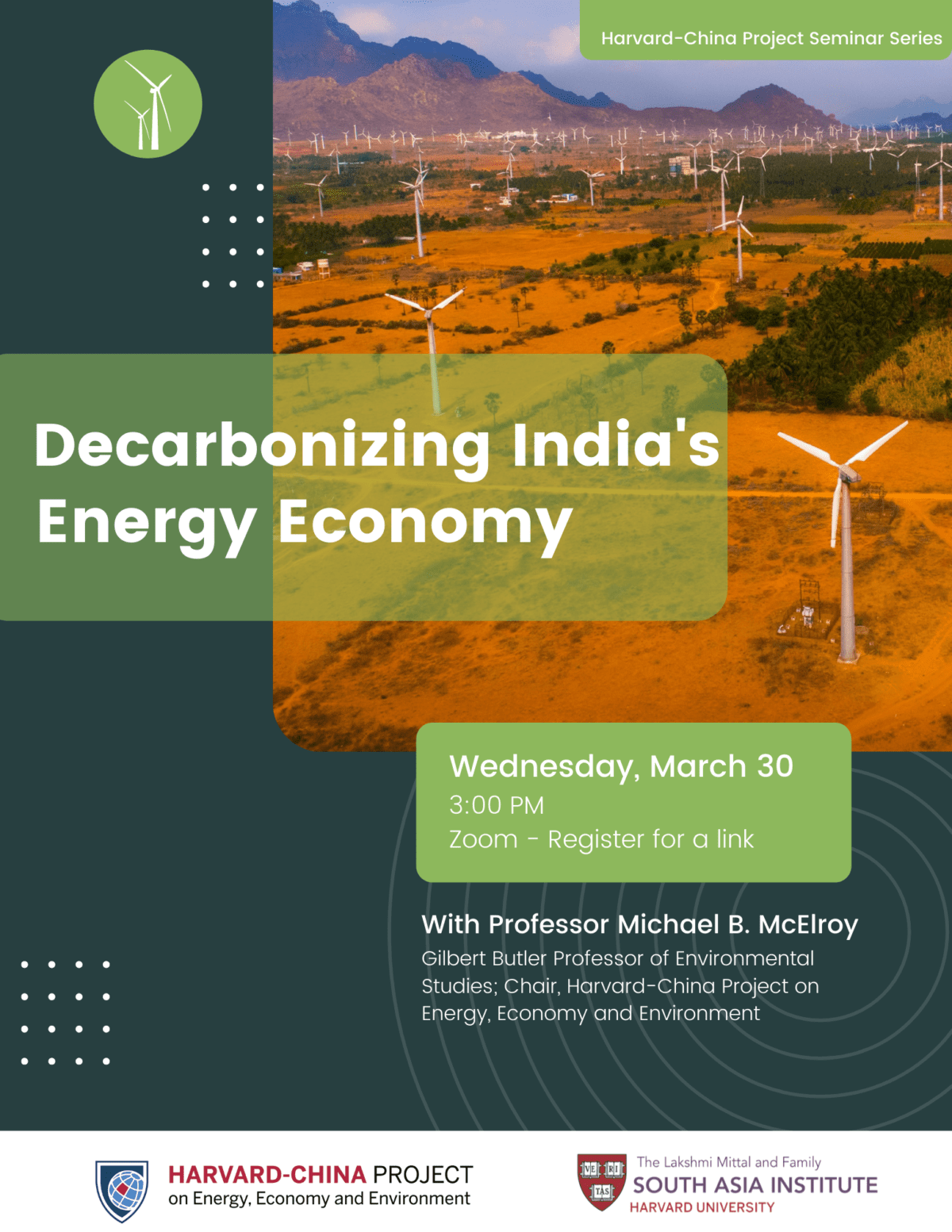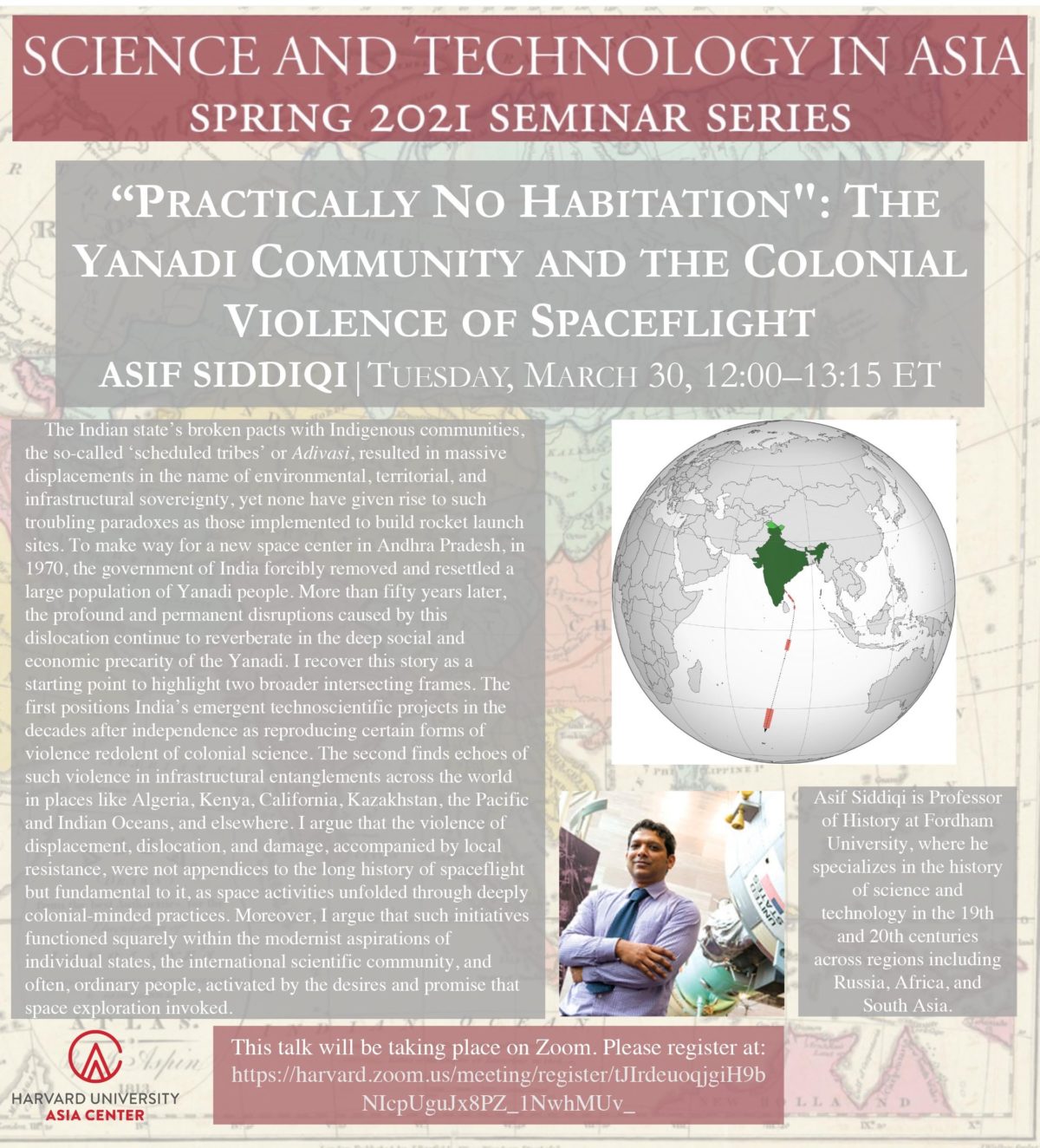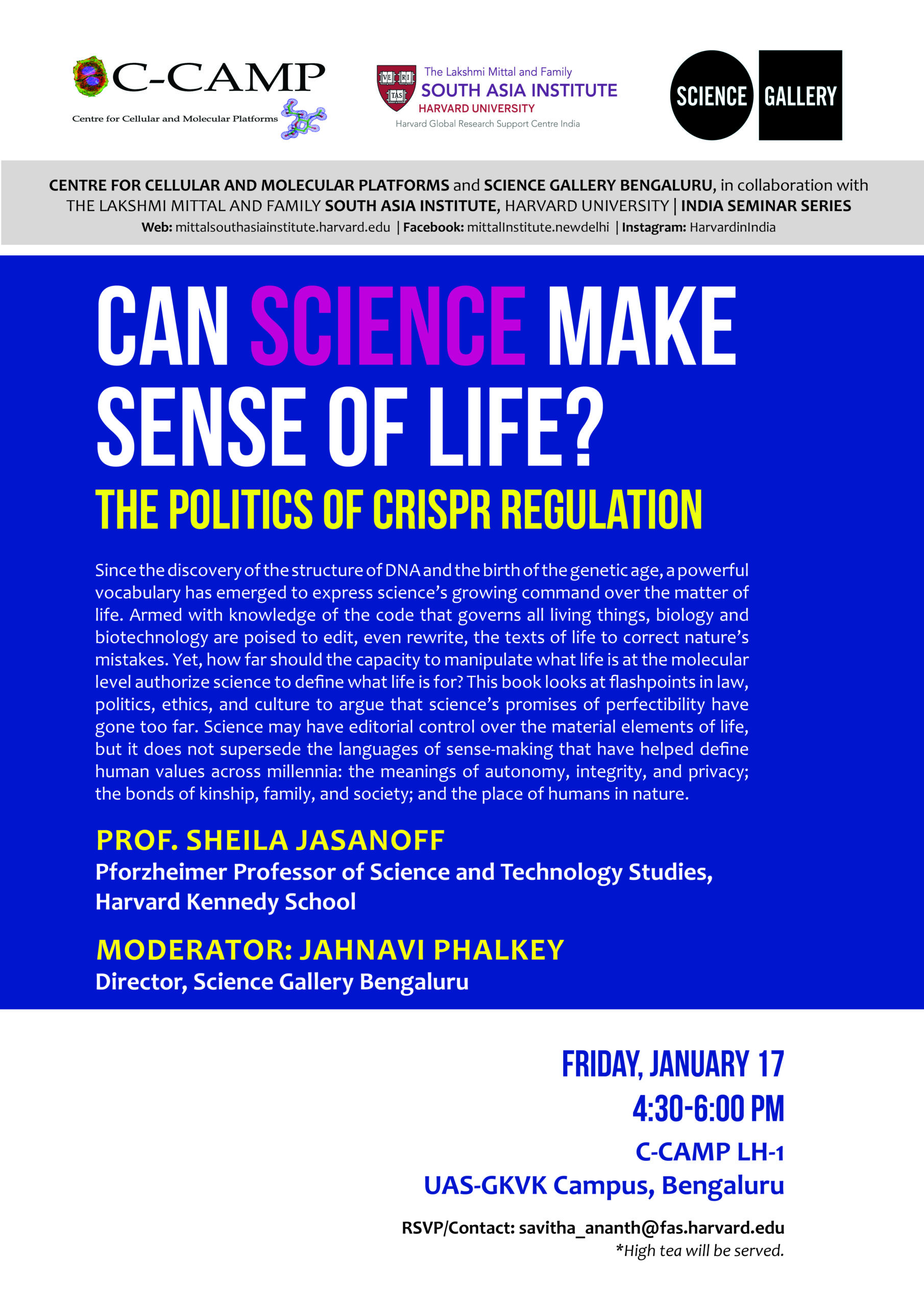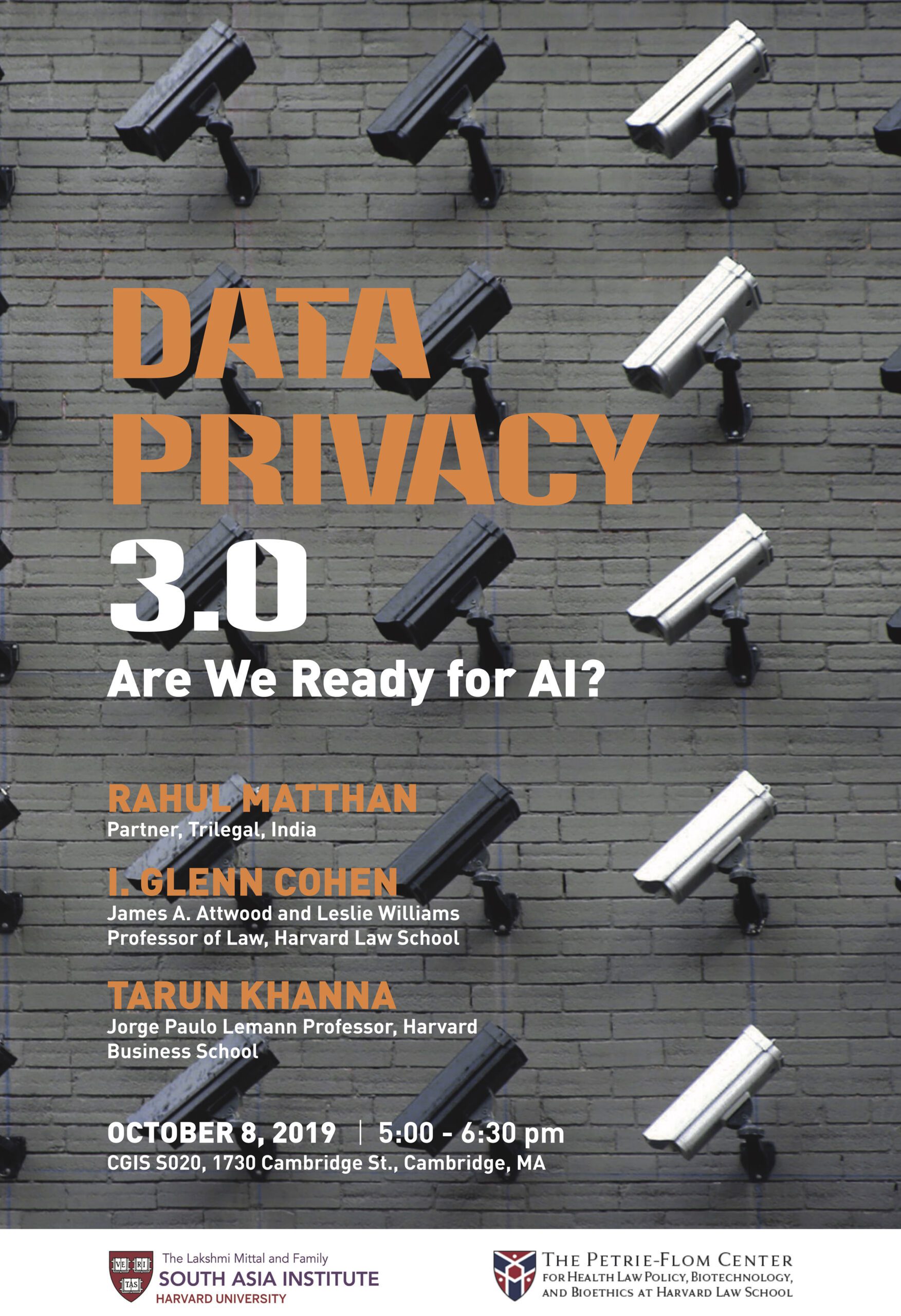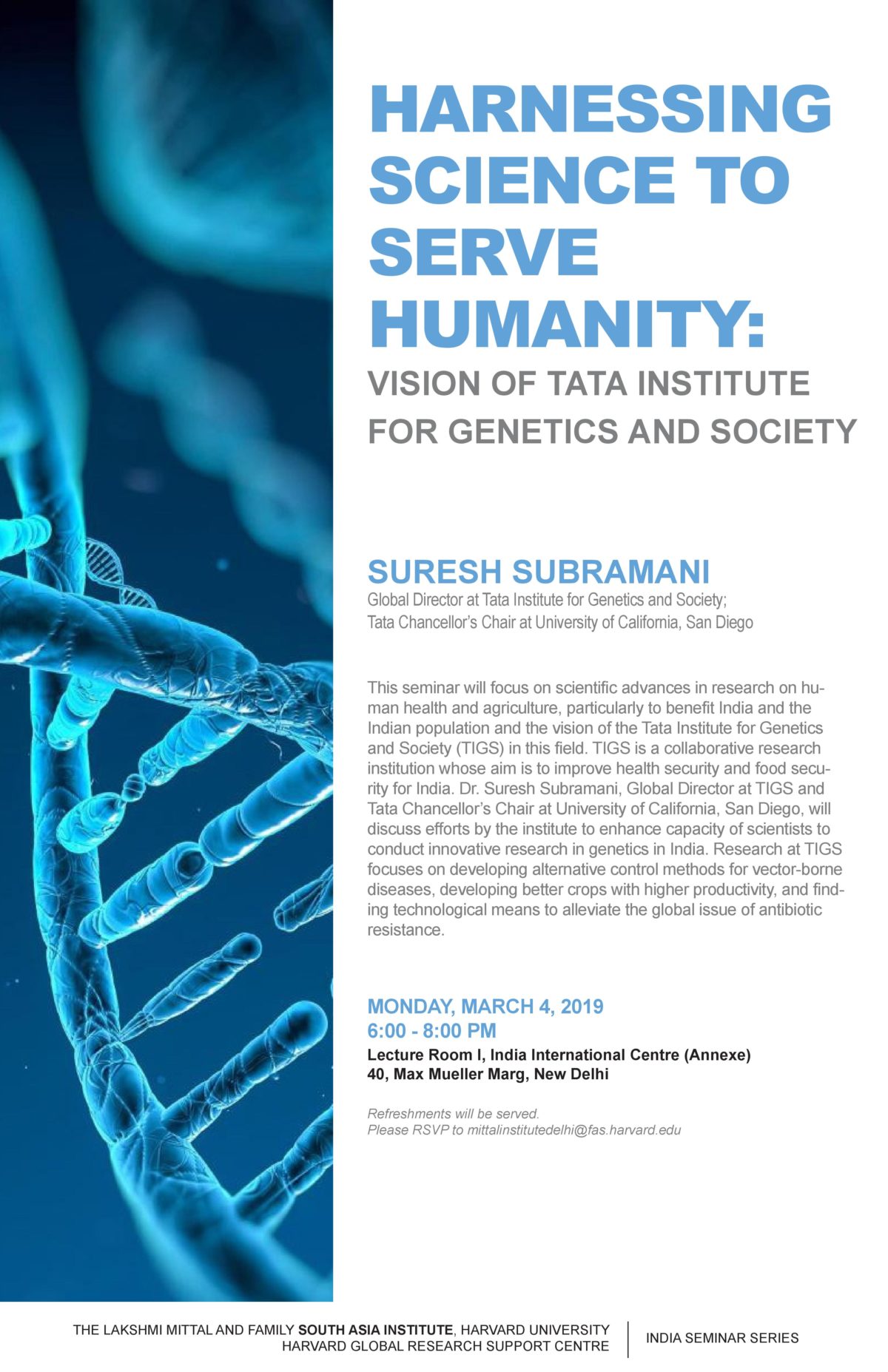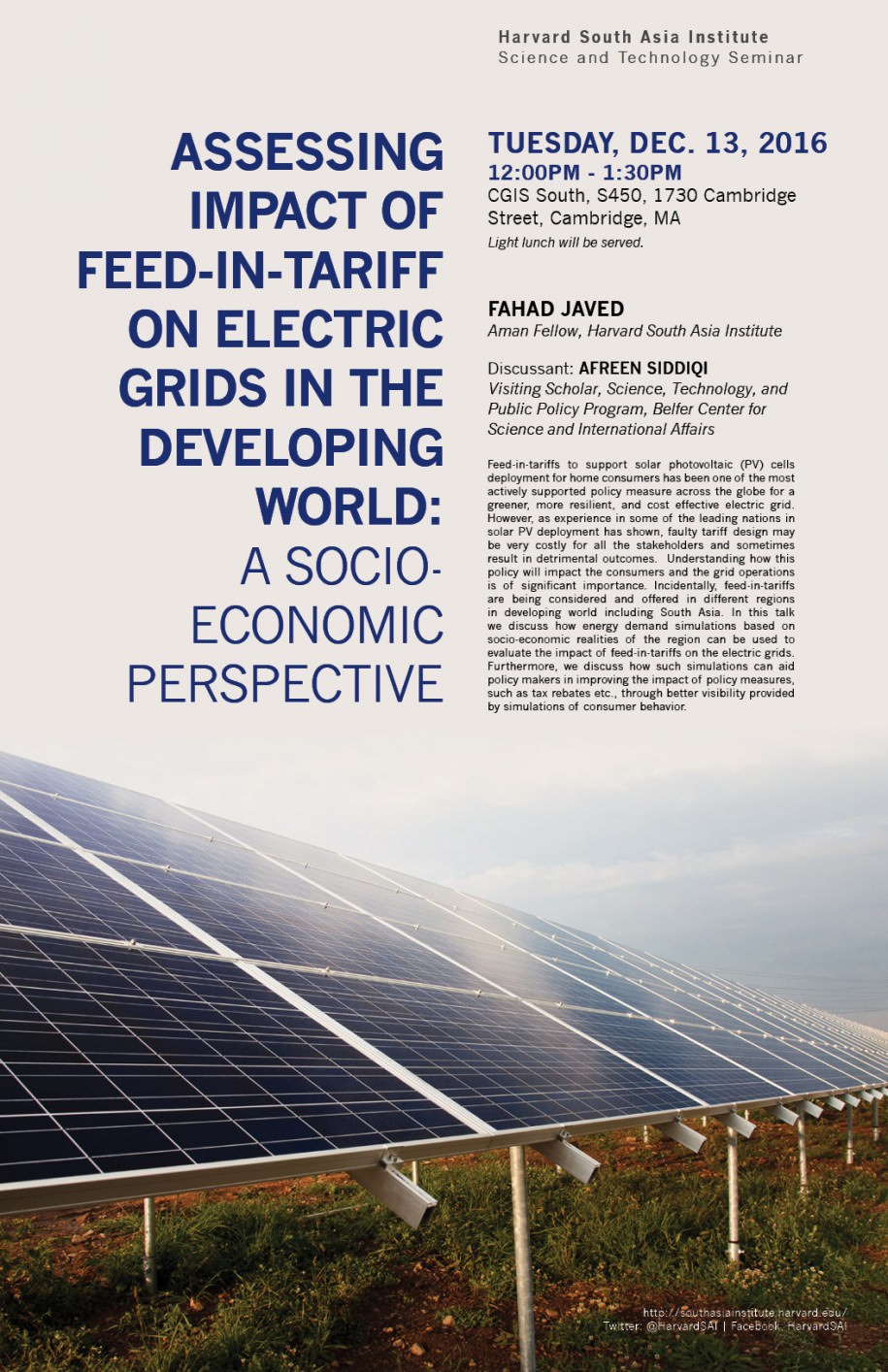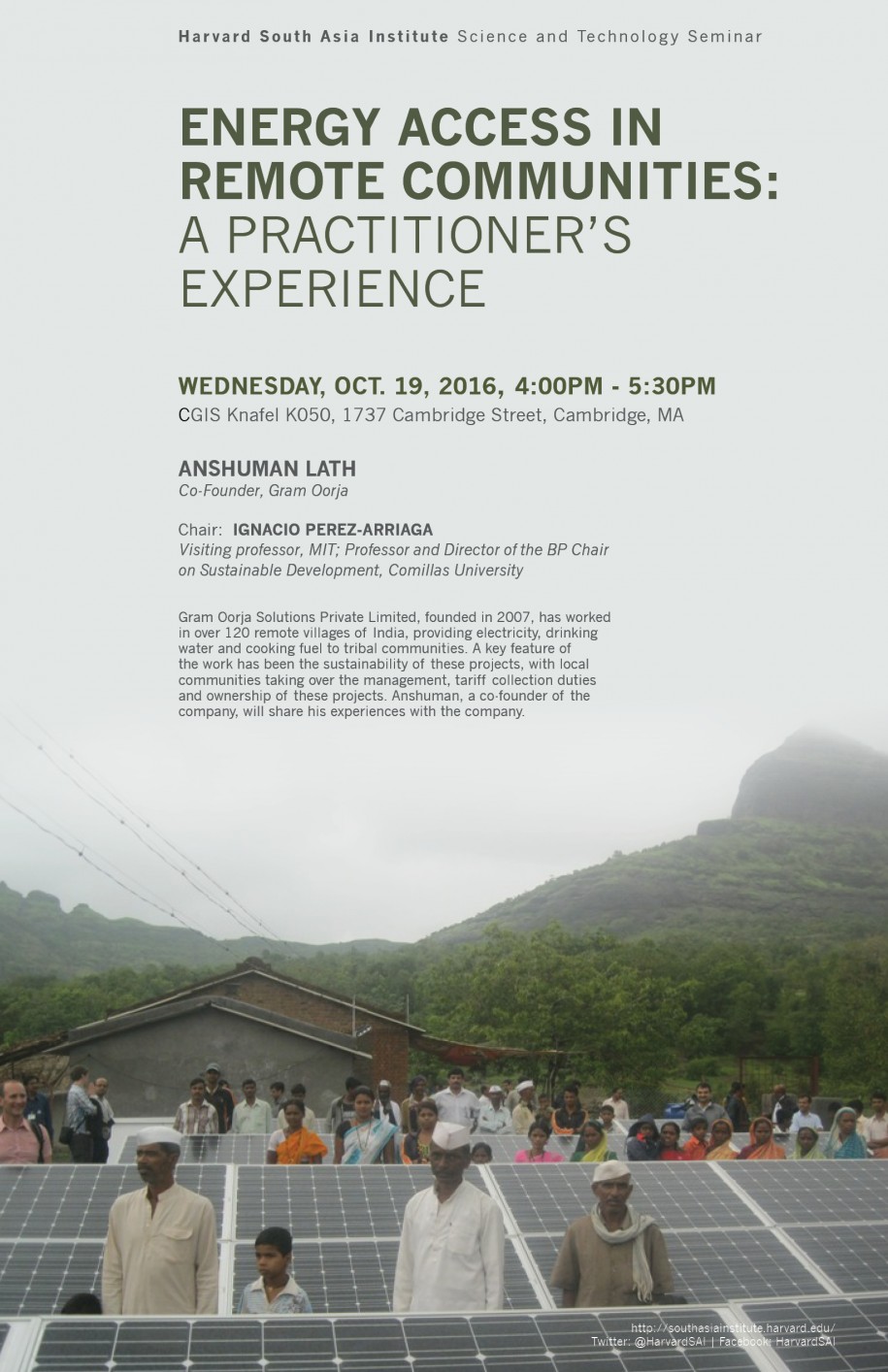WHEN
Mon, Apr 24, 2023 at 05:00pm, ET
VENUE
CGIS South S250, 1730 Cambridge ST
India launched the Ayushman Bharat – Pradhan Mantri Jan Arogya Yojana (PMJAY) in 2018 to provide cashless healthcare coverage for hospitalization to the poorest 40 percent of the population. The scheme forms an important component of the country’s journey towards universal health coverage. In this presentation, the institutional structures associated with the organization of purchasing arrangements in the PMJAY will be examined, with a focus on comparing the performance of government trusts versus private insurance companies[…]
More InfoWHEN
Wed, Nov 30, 2022 at 09:00am, ET
COST The event is free and open to all.
VENUE
CGIS South Concourse, 1730 Cambridge Street, Cambridge, MA
This conference aims to bring a focused, though not exclusionary, lens to the study of the country, where in a regional context, Pakistan is overshadowed by its much larger neighbor.
More InfoWHEN
Tue, Oct 4, 2022 at 10:00am, ET
Register here for the event The rise of artificial intelligence technology and the modernization of the South Asia region have occurred in parallel over the past few decades – now, they are growing increasingly interconnected, with wide-ranging impacts and consequences. Join us for this miniseries as we explore how AI technology becomes an integral part […]
More InfoWHEN
Tue, Mar 30, 2021 from 12:00pm — 01:15pm, ET
Register here to join the webinar. SPEAKER: Asif Siddiqi, Professor of History, Fordham University The Indian state’s broken pacts with Indigenous communities, the so-called ‘scheduled tribes’ or Adivasi, resulted in massive displacements in the name of environmental, territorial, and infrastructural sovereignty, yet none have given rise to such troubling paradoxes as those implemented to build […]
More InfoWHEN
Mon, Mar 4, 2019 from 06:00pm — 08:00pm, ET
This seminar will focus on scientific advancements in research on human health and agriculture in India and the vision of the Tata Institute for Genetics and Society (TIGS) in this field. TIGS is a collaborative research institution that aims to improve health security and food security for India. Dr. Suresh Subramani, Global Director at TIGS […]
More InfoWHEN
Mon, Apr 17, 2017 from 04:00pm — 05:30pm, ET
Speaker: Suman Bery, former chief economist, Shell Corporation Moderator: Rohit Chandra, Ph.D. candidate, Harvard Kennedy School Suman Bery will present some of the results and larger ideas of a joint study conducted by Shell and various Indian think tanks about potential scenarios for India’s energy future. He will discuss India’s energy mix, constraints and possibilities on its […]
More InfoWHEN
Tue, Dec 13, 2016 from 12:00pm — 01:30pm, ET
Science and Technology Seminar Fahad Javed, Aman Fellow, Harvard South Asia Institute Discussant: Afreen Siddiqi, Visiting Scholar, Science, Technology, and Public Policy Program, Belfer Center for Science and International Affairs Feed-in-tariffs to support solar photovoltaic (PV) cells deployment for home consumers has been one of the most actively supported policy measure across the globe for a […]
More InfoWHEN
Wed, Oct 19, 2016 from 04:00pm — 05:30pm, ET
Science and Technology Seminar Anshuman Lath, Co-Founder, Gram Oorja Chair: Ignacio Perez-Arriaga, Visiting professor, MIT; Professor and Director of the BP Chair on Sustainable Development, Comillas University Gram Oorja Solutions Private Limited (www.gramoorja.in), founded in 2007, has worked in over 120 remote villages of India, providing electricity, drinking water and cooking fuel to tribal communities. A key feature […]
More Info